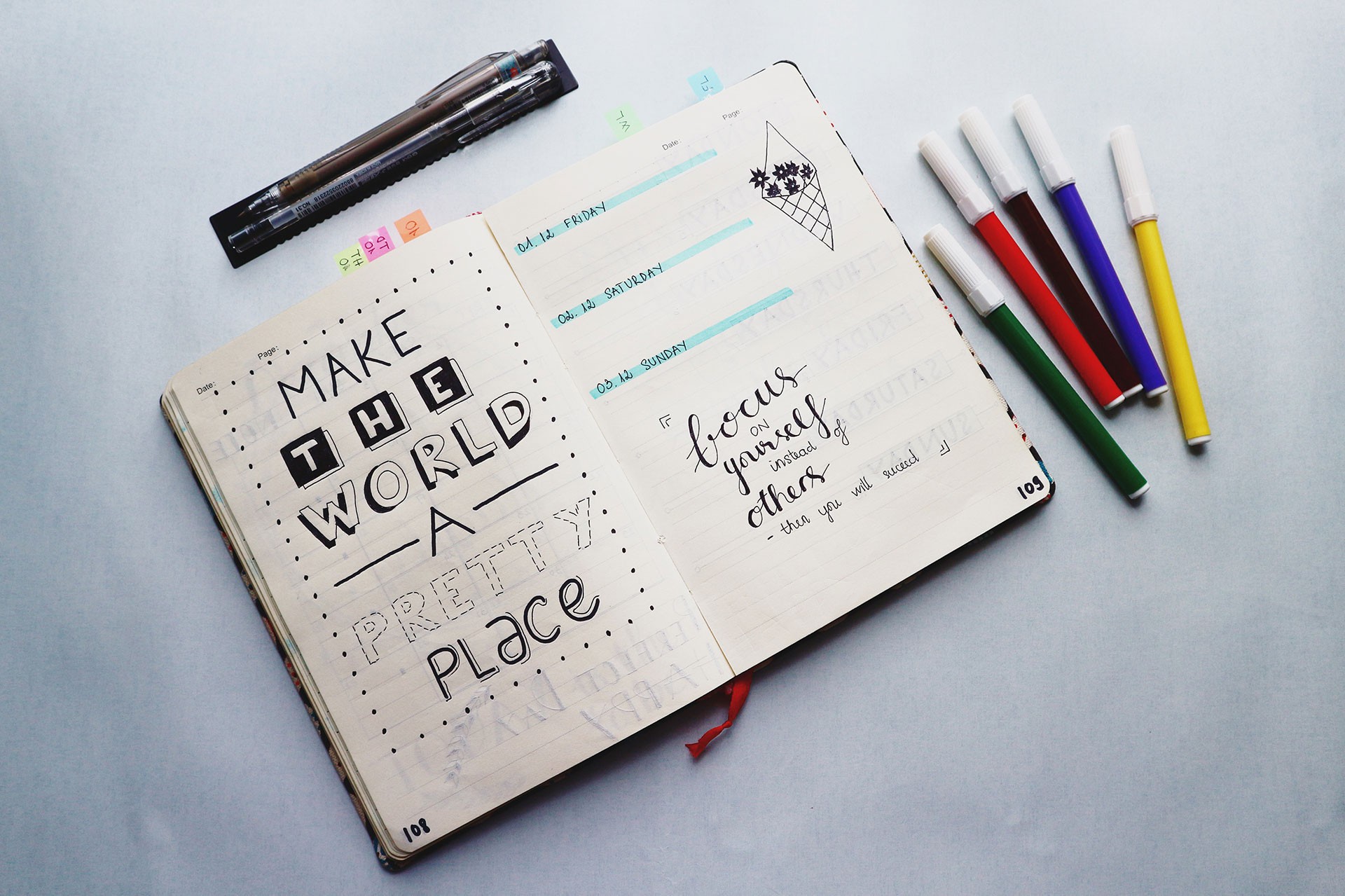
29
DecHow to deal with depression?
Efficient recovery is only possible when patients take an active role in their treatment. Patients need to be active and to work with their clinical psychologist as a team.
Many of my patients often tell me in the beginning of their treatment : ‘I don’t think that it’s going to work’; or ‘My life is such a mess and it’s not going to change’. After pushing themselves, they start to see that change is not only possible but also immediate.
Here are some tips that will help you better deal with depressive thoughts and behaviours.
Persist in your treatment
If you have read my other articles on my blog, you might know that perseverance, determination, persistence, consistence, and hard work are among my favourite words. When talking about treatment, keep in mind that it rarely works right away. Many patients who come and see me expect rapid and effective results. Unfortunately rapid doesn’t match with effective. This means that if you want an efficient recovery, you need to be patient and to work hard on it. Psychotherapy methods such as Cognitive Behavioural Therapy (CBT) and Psychodynamic Therapy involve huge cognitive, behavioural and psychological changes. The integration of these changes takes time.
Change your lifestyle
When you undergo a therapy, you change a lot. Keep in mind that if you work on yourself only during therapy, the results will not be sustainable and long-term. Working on yourself needs to be a lifestyle, not a temporary effort. This is why some methods such as Cognitive Behavioural Therapy (CBT) comprise a wide range of exercises and homework where patients develop habits and behaviours that push them to learn how to continuously work on themselves.
A symptom is something that comes and goes. This means that it might come back after recovery. If it does and if you have learnt how to work on yourself, it’s not going to considerably affect your life. Actually, it’s not going to impact on your life at all.
Last year, I worked with a female patient affected with clinical depression. For her, I associated Cognitive Behavioural Therapy (CBT) and Psychodynamic Therapy. CBT helped her deprogramme her unhealthy behaviours, so she could reprogramme positive and healthy ones such as not lying in bed during the day; be physically active and create a structured daily routine.
The psychodynamic part of the therapy helped her see her symptoms from a different angle. A couple of month ago, she called me and said to me: ‘I sometimes think that I am useless, but I know that it’s part of my symptomatology. When the thought comes, I say to it that I am not useless and that my family need me because I am a good mother. A good mother can’t be useless’. Same words – different definitions. Symptoms always have the power you give them. To learn more about depressive symptoms, click here.
Be honest with yourself
Talking to a therapist is difficult. Keep in mind that if you are not truthful, the treatment is not going to work. People feel sometimes uncomfortable to open up about topics such as sexuality, suicidal thoughts, or behaviours and thoughts they think are odd, wrong or socially unacceptable. Therapy is a team work. Try to give as many details as you can because the therapist can help you redo the puzzle of your story only with the appropriate clinical details. A therapist is a trained professional who never judges and who is always empathic and open to embrace your life story.
If you like this article, you might also be interested in “How to recognise suicidal thoughts” that you can access here.
If you are currently experiencing difficulties, you need to know that you are not alone. Do not hesitate to contact me on info@angelpsychology.com or on my social networks. I will be glad to chat with you.
Please note that Cognitive Behaviour Therapy (CBT) and Psychodynamic Therapy will help you acquire the knowledge and reflection you need. Learn more about Psychodynamic Therapy here and about CBT here. Don't forget that you can work with me at home. Learn more about online psychotherapy here.
With warm wishes,
Dr Ivanka Ezhova
Founder of Angel Psychological Therapy - Online Psychological Therapy
- 29th Dec, 2019
- Mental Health











